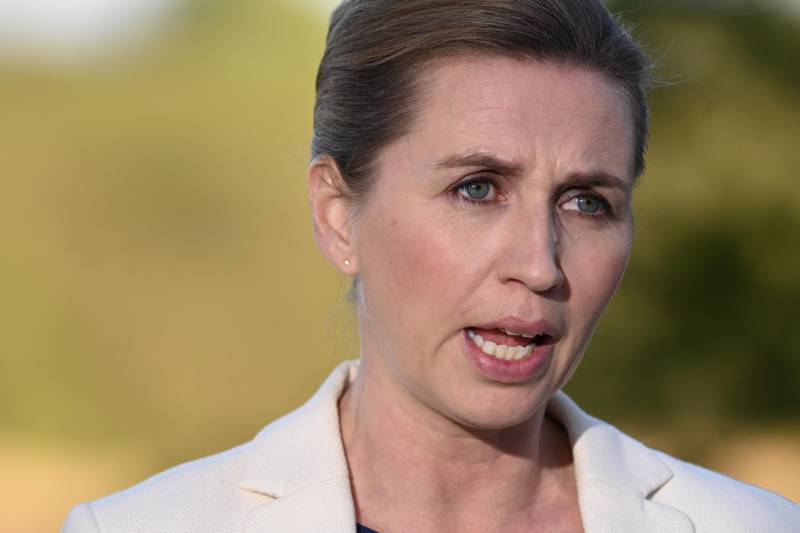Denmark to reopen museums, theatres, cinemas

Stay tuned with 24 News HD Android App

Denmark will reopen museums, theatres, cinemas, outdoor amusement parks and zoos on June 8, the government said Friday after months-long closures aimed at stemming the spread of the new coronavirus.
A restriction on gatherings, currently limited to 10 people, will also be revised to between 30 and 50 people depending on the type of event. The announcement came just hours after the Scandinavian country said it would allow shopping centres to reopen from May 11, while restaurants, places of worship and schools for 11- to 15-year-olds would resume a week later.
Meanwhile, most office workers will be allowed to return to work as soon as their workplace meets social distancing and hygiene regulations. The timeline is the result of an agreement reached by political parties in parliament.
But they recognised that lifting restrictions did not come without risks. "The parties note that the reopening is expected to lead to a rise in infections and hospital admissions," a statement from the office of Prime Minister Mette Frederiksen said.
She added that authorities would monitor the situation closely and restrictions would be reimposed in the event of a sharp rise of the illness.
Bars, nightclubs and smaller concert venues will have to wait until sometime in August to reopen, the statement said. Denmark in mid-March rolled out measures to stop the spread of the novel coronavirus, though they were not as strict as some other places in Europe -- or in place for as long.
While most businesses have been closed, grocery stores, pharmacies and shops that were able to ensure social distancing have remained open, and Danes have been allowed to spend time outdoors freely. Kindergartens and primary schools resumed on April 15 and small businesses such as hairdressers have also opened up again.
The borders, closed to foreigners since March 14, remain shut, but a decision on their reopening is expected on June 1. Since the start of the epidemic, Denmark has recorded 10,281 cases, with 514 deaths.
Deaths and infections are higher than its similarly-sized Nordic neighbours Norway, which has 7,995 cases and 209 deaths, and Finland with 5,673 cases and 255 deaths. Sweden, which is about twice the size but has adopted softer measures than the other Nordic countries, has 24,623 cases and 3,040 deaths.
